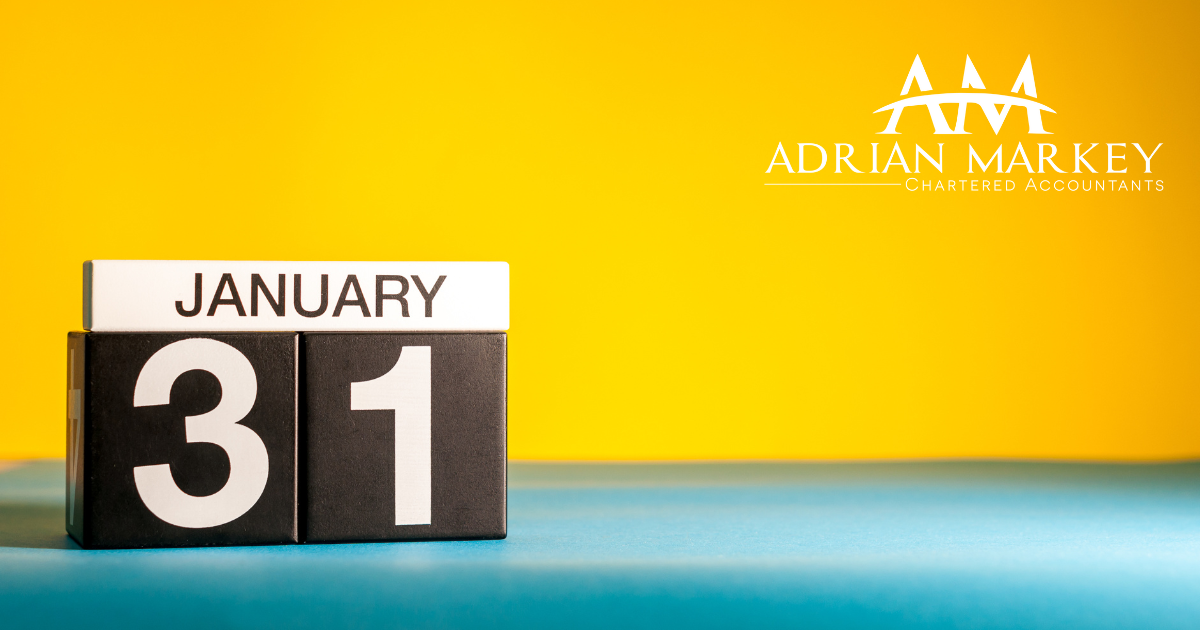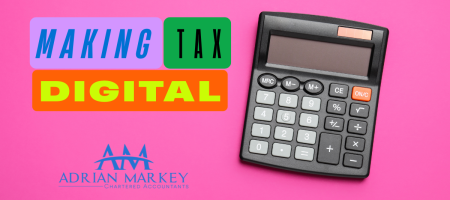Relevant Posts
Making Tax Digital for Income Tax: Starting April 2026
From April 2026, big changes are coming to the way many self-employed people and landlords report their income to HMRC. The Making Tax Digital for Income Tax Self Assessment (MTD ITSA) system will replace the traditional Self-Assessment tax return for those above certain income thresholds. Instead of submitting one yearly return, you’ll be required to […]
Continue ReadingWhat Counts as Sales, and What Doesn’t: A Guide for Influencers
Understanding what constitutes sales and taxable income is crucial for influencers to ensure compliance with tax obligations. This guide delves into the various sources of income that influencers may encounter, clarifies what counts as taxable and non-taxable items, and provides methods for valuing in-kind benefits. Taxable Income: Breakdown of Different Income Types As an influencer, […]
Continue ReadingTax Compliance for Influencers: HMRC’s Nudge Letters and What They Mean
Tax Compliance for Influencers: HMRC’s Nudge Letters and What They Mean In recent years, the rise of social media influencers has brought a new dimension to the world of taxation. HM Revenue & Customs (HMRC) has taken notice and has begun issuing “nudge letters” to influencers, reminding them of their tax obligations. Understanding these letters […]
Continue ReadingHMRC to Make Permanent Cuts to Helpline Services
Discover the latest HMRC helpline service changes impacting Self Assessment, PAYE, and VAT queries. Learn how the seasonal closure of the Self Assessment helpline, limited VAT and PAYE services, and dedicated support for vulnerable customers aim to enhance efficiency and promote the use of online services. Navigate the shift towards digital with insights on planning your queries and accessing HMRC's digital platforms. Amid critiques of HMRC's service levels, there's hope that these adjustments will improve interactions and response times for UK taxpayers. Stay informed and prepared with our comprehensive guide on what these HMRC service changes mean for you.
Continue Reading




